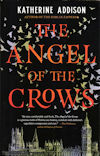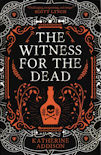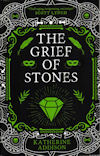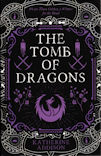These are not the characters you think they are.
This is not the book you are expecting.
London 1888. Angels inhabit every public building, and vampires and werewolves walk the streets with human beings in a well-regulated truce. A utopia, except for one thing: Angels can Fall, and that Fall is like a nuclear bomb in both the physical and metaphysical worlds.
Dr J. H. Doyle returns to London having been wounded in Afghanistan by a Fallen, and finds himself lodging in Baker Street with the enigmatic angel Crow. But living with a rogue angel is not so easy; the pair find themselves drawn into the supernatural and criminal worlds of London, from a man kidnapped by a vampire nest to Jack the Ripper’s horrific murders.
Besides Doyle’s nightmares, there is the lingering worry that Crow might Fall…
This is a Sherlockian homage, although the Angel Crow is not Holmes, and Doyle is not Watson. There are murders, and mysteries, and a giant Hound on the Moors, and more. There are startling revelations, and small snippets that seem to have no consequences. The afterword says this started life as a form of Sherlock fanfic, which explains why it is episodic and occassionally disjointed. But it is great fun, both for the characterisations, and for spotting the sly references throughout.




